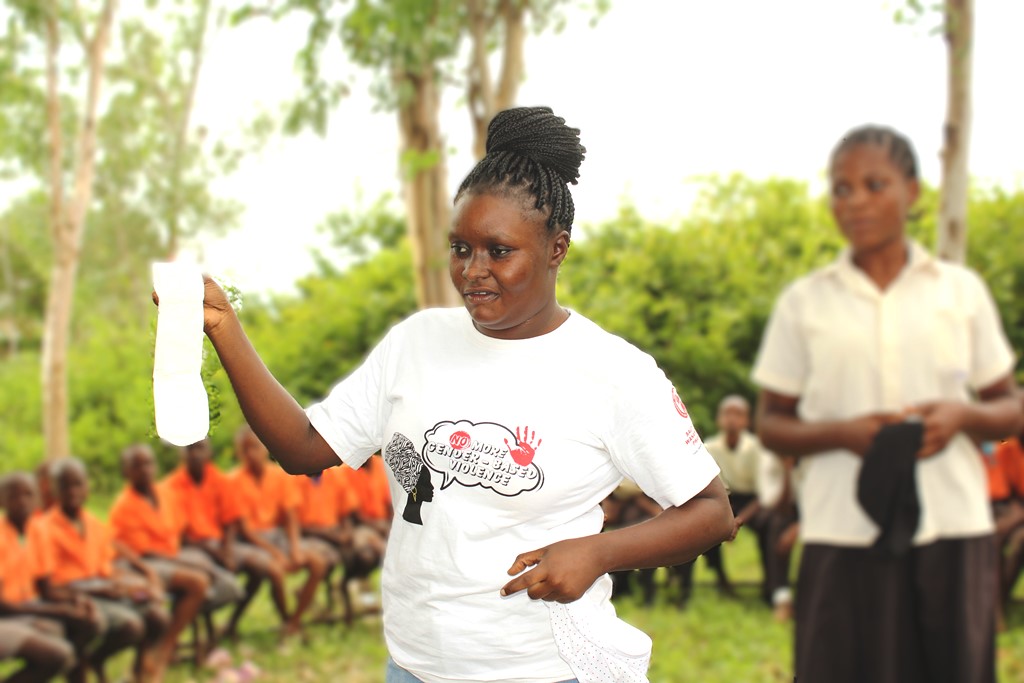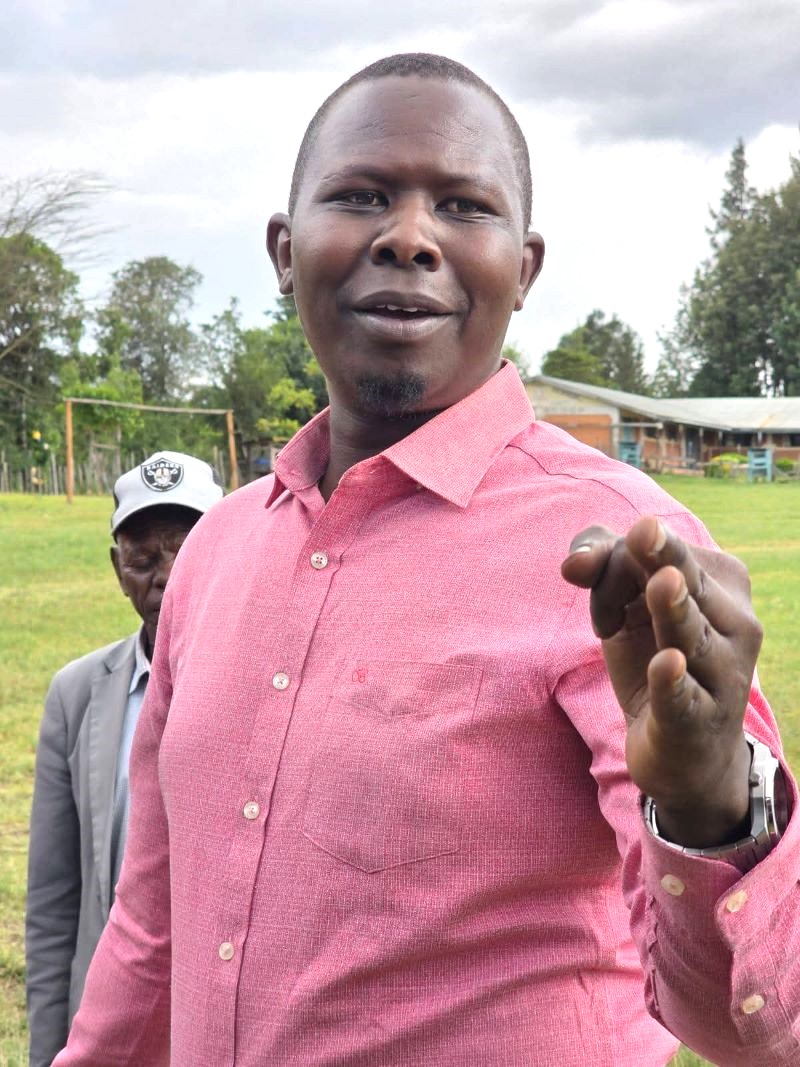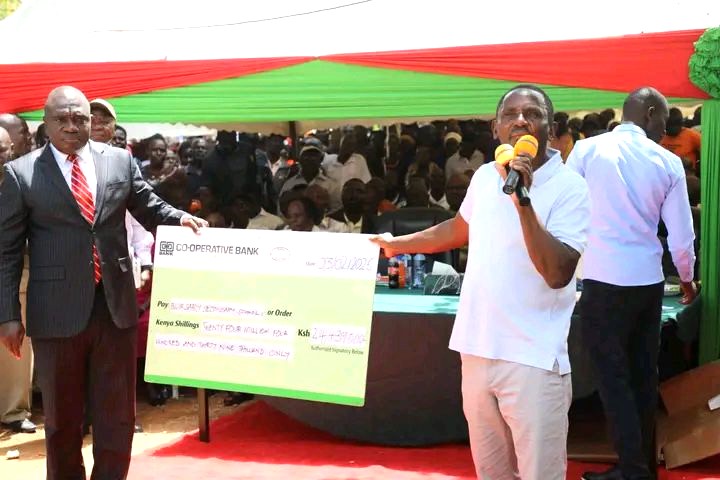Youth For a Sustainable World, in collaboration with the Kwale County Government and the Ministry of Health, has intensified awareness campaigns on menstrual hygiene management in schools located in the grassroots areas of Lunga-Lunga and Msambweni sub-counties.
The programme is implemented through the Connect a Girl project in the region, funded by the African Women Development Fund (AWDF), in partnership with Sauti ya Wanawake Pwani.
The initiative seeks to break cultural taboos and harmful beliefs surrounding menstruation, while encouraging greater male involvement in promoting quality menstrual hygiene practices among girls and women.
According to YSW Project Officer Tatu Mjaka, the campaign is a critical step towards achieving gender equality in health education.
In some communities within the region, menstruating girls and women face discrimination, including being barred from cooking for their families or participating in daily household activities.
Mjaka said the harmful practices violate women’s rights and perpetuate stigma and shame around menstruation.
She said the awareness program includes school-based forums, community dialogues, and the distribution of sanitary products to ensure that no girl misses school due to lack of access to menstrual hygiene supplies.
“The programme plays a vital role in the growth and development of the girl child, as it sensitises and persuades parents to support their daughters’ menstrual and reproductive health,” she said.
READ ALSO:
How Meru Varsity student overcame hardship to build thriving sock business in Meru town
Mjaka said that the intervention aims to foster an environment where menstruation is recognised as a normal biological process, rather than a source of shame or social exclusion.
She added that through the awareness campaign, they hope to encourage parents to budget appropriately for their children’s menstrual needs, as a way to help prevent cases of gender-based violence.
YSW field officer Asha Ibrahim added that the project seeks to advocate for the protection and advancement of women and girls’ rights from sexual exploitation and violence.
The officer stated that the program aims to raise awareness about gender equality, human rights, HIV prevention, and menstrual hygiene through community dialogues and school-based sessions.
Ibrahim noted that girls and women are being encouraged to adopt proper hygiene practices and to develop a sense of comfort and confidence around the topic.
“There are a lot of myths and shyness surrounding menstrual cycles. We want girls to embrace this biological process and feel proud of it, rather than ashamed,” she said.
According to Ibrahim, the MHM program empowers girls to stay in school and participate fully in daily activities without fear or discomfort.
“Educating both boys and girls is crucial in creating a supportive environment. When boys understand what menstruation is and why it matters, they become allies instead of mockers,” she said.
Mwereni Ward Public Health Officer and Lunga-Lunga Sub-county Community Adolescent and Young People (AYP) coordinator Samson Chiboya said the menstrual hygiene management program also includes aspects of nutrition.
Chiboya noted that adolescent girls are advised to consume iron-rich foods during their menstrual periods to help boost their blood levels and prevent cases of anaemia.
“We encourage girls to eat foods like liver, green leafy vegetables, and legumes to replenish lost iron during menstruation,” he said.
ALSO READ:
West Pokot Governor launches Bendera Driving School in bid to boost youth skill set
He further stated that the program also focuses on raising awareness about Urinary Tract Infections (UTIs), which are often associated with poor menstrual and personal hygiene practices.
“Proper hygiene practices are critical in preventing infections. We are educating both girls and women on how to maintain cleanliness during their menstruals to avoid such health issues,” added Chiboya.
A parent, Kombo Dindia, praised the Menstrual Hygiene Management (MHM) sessions, describing them as highly educational.
He said the program had helped them understand the importance of supporting girls and women during their menstrual cycles.
Dindia pledged continued support, saying community involvement is key to promoting proper menstrual hygiene and breaking the stigma surrounding the topic.
By Omar Shaban
You can also follow our social media pages on Twitter: Education News KE and Facebook: Education News Newspaper for timely updates.
>>> Click here to stay up-to-date with trending regional stories
>>> Click here to read more informed opinions on the country’s education landscape
>>> Click here to stay ahead with the latest national news.






